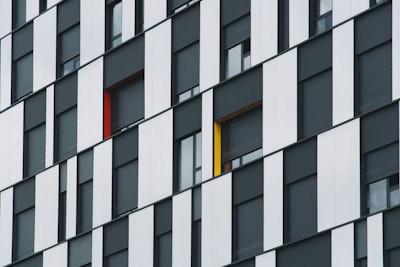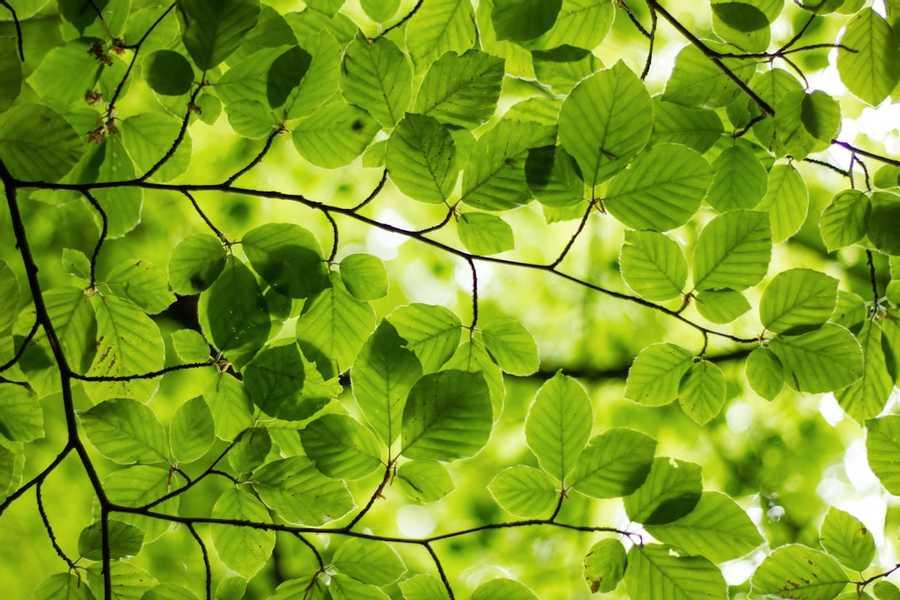Explore the World's Best Ideas
Join today and uncover 100+ curated journeys from 50+ topics. Unlock access to our mobile app with extensive features.
Green:The Universal Colour of Healing
Green, the mixture of blue and yellow, can be seen everywhere and in countless shades. In fact, the human eye sees green better than any colour in the spectrum.
In the Bible, meaning of colour green is immortality because green is obtained by mixing yellow (trials) with blue (Word of god). (The leaf shall not wither-psalm1:3)
Along with many other facts about this earthly colour, makes it an essential part of our everyday lives.
18
351 reads
Helping you see
Humans are trichromats, meaning we perceive three primary colours: blue, green and red. The retina in a human eye can detect light between wavelengths of 400 nanometres (lowest-violet) and 700 nanometres(highest-red), a range known as the visible spectrum.
In the middle of the spectrum resides the colour green(around 555 nanometres). This wavelength is where our perception is at its best. Because of its position in the center of the spectrum, both violet and red light waves are enhanced and better perceived with the help of green waves.
10
98 reads
Knowing your environment
At fist our ancestors lived in the forests full of greenary.As they scavenged for food, the ability to differentiate its colour among the other colours of nature evolved.
The evolution of eyesight and the increasing ability to detect colour with fine detail gave our primate ancestors an evolutionary advantage over other mammals who could not discern such differences as well.
Colour changes in leaves, fruits and vegetables can indicate age or ripeness and even offer a warning that something may be poisonous or rotten.
Today, we use this ancestral instinct at a farmers market or grocery store.
10
64 reads
Sourcing your food
Bananas, though widely considered to be a yellow fruit, start off as green due to the presence of chlorophyl. Just as grass and leaves have chlorophyll to give them colour, so do fruits.
Located in the cells of plants, chlorophyl plays a crucial role in photosynthesis, allowing plants to harvest energy from sunlight and convert it into energy that the plant can use to grow.
The molecule absorbs blue and red light well while reflecting the green light that we see.
10
56 reads
The peels of bananas are bright green in colour until the chlorophyll inside the peel begins to break down. As the fruit ripens, the molecule in the peel breaks down and we observe a colour change from green to bright yellow – and we prefer to eat yellow bananas because they are sweeter.
While the chlorophyll in the banana breaks down, the starch in the peel is converted into sugar, so more yellow means more sugar – until it begins to rot.
Because of their high starch content, greener bananas are sometimes favored as a cure for upset stomachs.
10
42 reads
This change in colour also applies when glancing over an aisle of bright bell peppers. Our eyes help us find our favoured ripeness and sweetness. Green peppers, with more chlorophyll, are less sweet. As they turn yellow and red, the peppers become sweeter.
When we’re enjoying a salad, a brown piece of wilted lettuce or kale is almost always discarded. And our eyes tell us the lawn is overdue for some maintenance when the colour darkens.
So although we may not reside in the forests anymore, our keen perception of green continues to play a significant role in keeping us healthy.
10
39 reads
Some scientists and researchers also believe that because our eyes are at the peak of their perception to detect the wavelengths corresponding with the colour green, the shade may calm us down.
With less strain to perceive the colors, our nervous system can relax when perceiving the tone.
This sedative quality of green may explain why there is so much of it in hospitals, schools and work environments. Historically, actors and actresses would recess to green rooms after so much time looking into bright lights on stage, though modern “green rooms” are rarely painted green.
10
38 reads
Helping you live longer
Natural environments, full of green vegetation, might help you live longer.
A 2016 study found that living in or near green areas can was linked with longer life expectancy and improved mental health in female participants.
After the eight-year study was completed, the data revealed that participants who lived in the greenest areas had a 12% lower death rate than women living in the least green areas.
With more green space came more opportunity to socialize outdoors and the natural settings(compared with residential regions where plants were sparse) proved to be beneficial to mental health.
10
58 reads
IDEAS CURATED BY
R . SUGA's ideas are part of this journey:
Learn more about health with this collection
Improving sleep through mindful breathing exercises
Practicing stress reduction and relaxation techniques
Establishing a relaxing bedtime routine
Related collections
Similar ideas
1 idea
Why Is the Sky Blue?
scijinks.gov
8 ideas
Can Color Affect Your Mood and Behavior?
verywellmind.com
3 ideas
Read & Learn
20x Faster
without
deepstash
with
deepstash
with
deepstash
Personalized microlearning
—
100+ Learning Journeys
—
Access to 200,000+ ideas
—
Access to the mobile app
—
Unlimited idea saving
—
—
Unlimited history
—
—
Unlimited listening to ideas
—
—
Downloading & offline access
—
—
Supercharge your mind with one idea per day
Enter your email and spend 1 minute every day to learn something new.
I agree to receive email updates

